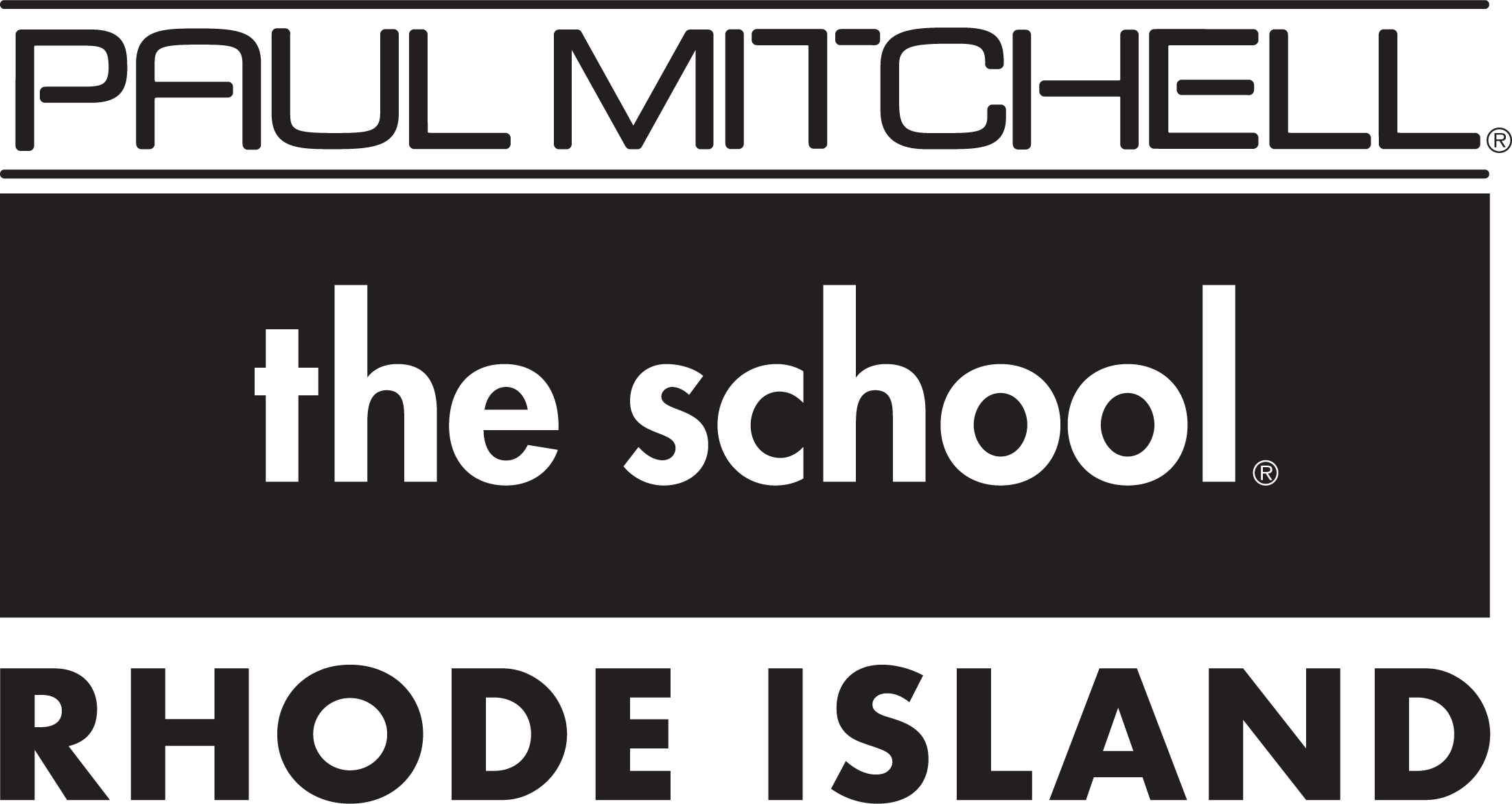INSTRUCTOR COURSE DESCRIPTION
Instructor: Standard Occupational Classification (SOC 25.1194.00)
Classification of Instructional Program (CIP 12.0413)
The curriculum involves 300 hours to satisfy Rhode Island state requirements. The course strives to meet the unique needs of those who wish to teach the adult learner. This course gives these licensed professionals the skills needed to educate and guide students to be successful in their chosen careers, hands on practical training with actual students, and theory needed for the written and practical state board exam. Upon completion, students will have the skills to seek employment as an instructor.
*Graduates are prepared to be entry level instructor.
This course is taught in English. Textbooks and course materials are only offered in the English Language.
INSTRUCTOR COURSE OVERVIEW
Course Hours: 300 clock hours
The course is divided into pre-clinical classroom instruction and clinical service learning experiences.
- Pre-clinical Classroom Instruction: The first 60 hours are devoted to classroom workshops, where the instructor learns teaching principles, technical information and professional practices.
- Clinic Classroom Learning Experience: The remaining 240 hours are spent in the clinic area where practical experience is gained.
INSTRUCTOR COURSE OUTLINE
Your time at Paul Mitchell The School Rhode Island for the instructor program will be divided into three designations:
- Postgraduate Training: A section is a refresher on cosmetology skills, where you will complete worksheets and take cosmetology written exams.
- Psychology and Methodology: These classes focus on the theory of teaching, using Milady’s Master Educator textbook, including weekly tests.
- Student Teaching: You will learn to write lesson plans and do actual teaching from your lesson plans. There will be a practical teaching evaluation of your teaching skills.
INSTRUCTOR COURSE SUBJECTS
The instructional program of Paul Mitchell The School Rhode Island meets or exceeds the state requirements:
| Subject | Minimum Hours of Instruction |
|---|---|
| Theory Class Instruction: Orientation, State Laws, First Aid, Career Information, and Communication Skills | 20 |
| Instructor Relationships: Professional Image, Time Management, Standards of Evaluations, Professional Conduct, Professional Development, Work Habits, Job Descriptions, Performance Assessment. | 30 |
| Developing Programs of Study: Review of Practitioner Program Content, Curriculum Development, Advisory Council, Course Outlines, Lesson Planning, Principles of Teaching, Implementation, Benefits, Course Review | 30 |
| Educational Aids: Videos, Charts, Reference Materials, Overhead Projectors, CD Rom, PowerPoint Presentations | 15 |
| Teaching Skills: Communication, Generational, Presentation, Motivation, Learning Types | 30 |
| Classroom Management: Atmosphere, Professionalism, Learning Behaviors, Academic Advising, Counseling, Classroom Environment, Set-up, Responsibilities | 45 |
| Student Salon Management: Teamwork, Reception Desk, Dispensary, Record Keeping, Client Communication, School Policies | 45 |
| Evaluation and Testing: Grading Procedures, Grading Styles, Written Grading Methods, Performance Evaluations | 15 |
| Teaching and Learning Methods: Lecture, Demonstration, Learning, Role Playing, Field Trips, Guest Speakers, Study Skills | 30 |
| Licensure and Employment Requirements: Preparing for Licensure, Job Seeking, Interviews, Compensation and Payroll Deductions | 30 |
| Miscellaneous: The remaining hours to be applied on individual needs to strengthen performance | 10 |
| TOTAL HOURS | 300 |
The institution offers employment assistance to help graduates’ efforts to secure education-related employment that includes, but is not limited to training in professionalism, resume’ development, job interview preparation and job search skills.
INSTRUCTOR PROGRAM TESTING AND GRADING PROCEDURE
The following tests and grading procedures are used to assess student learning and mastery of course content in the 300-hour course:
- Students must receive a grade of 70% or higher on each theory exam. Theory exams cover a review of the Milady’s Master Educator Student Course book.
- Students must receive 70% or higher on each final exam; final exams cover a complete overview of the Milady’s Master Educator Student Course book.
